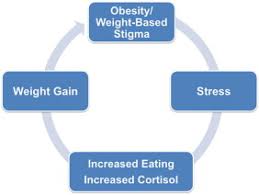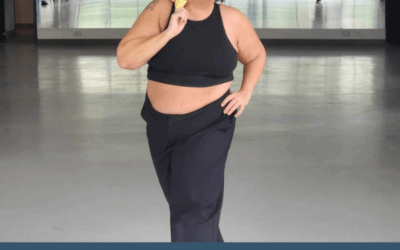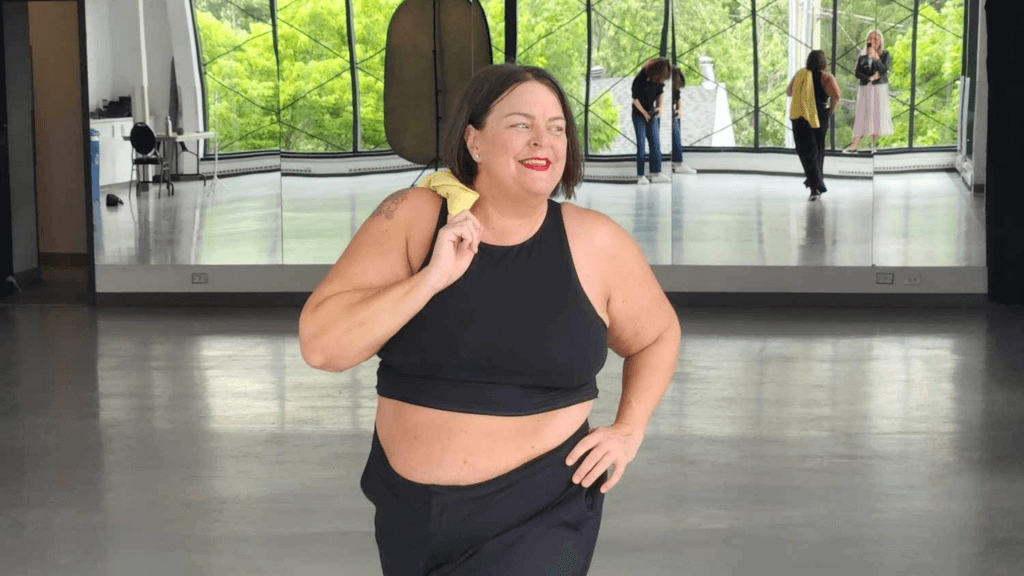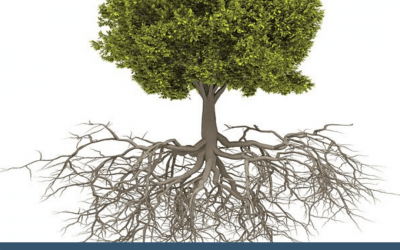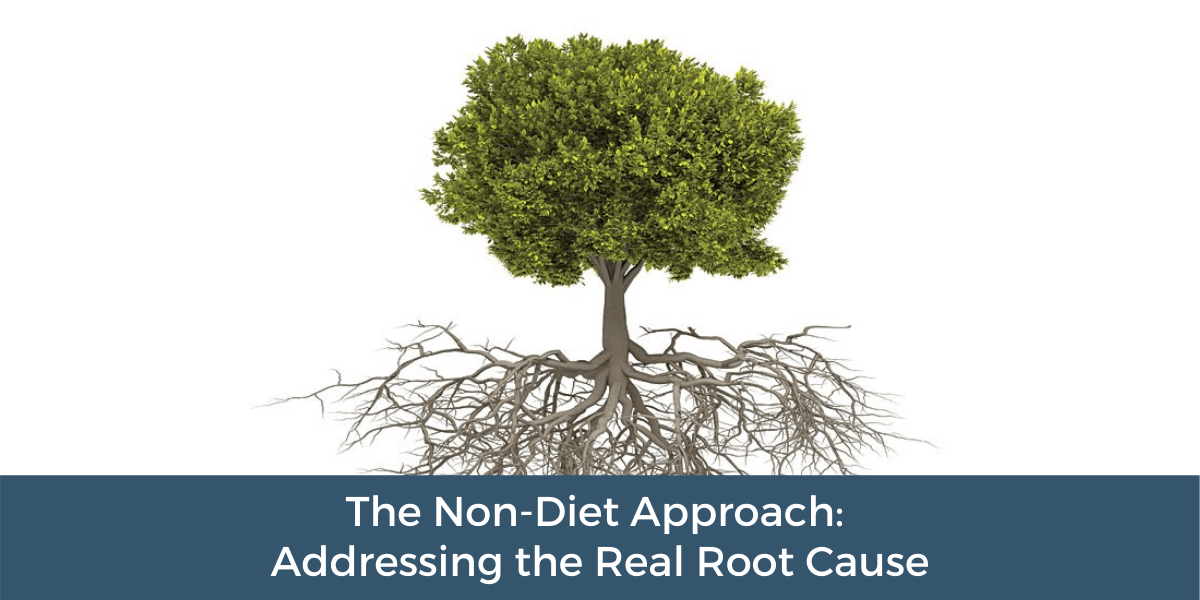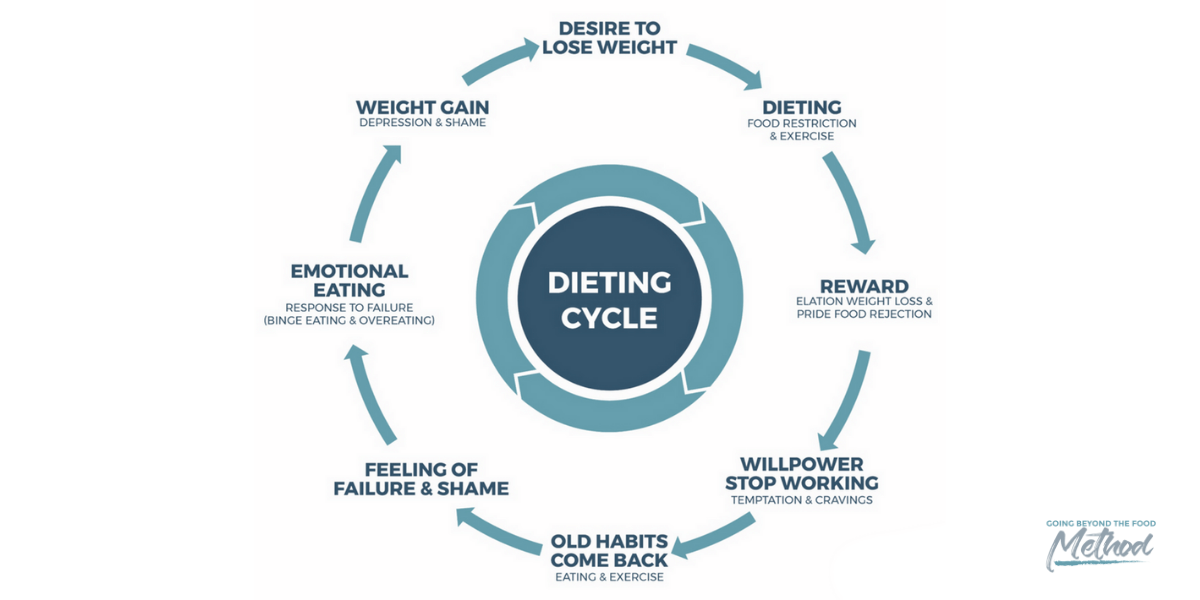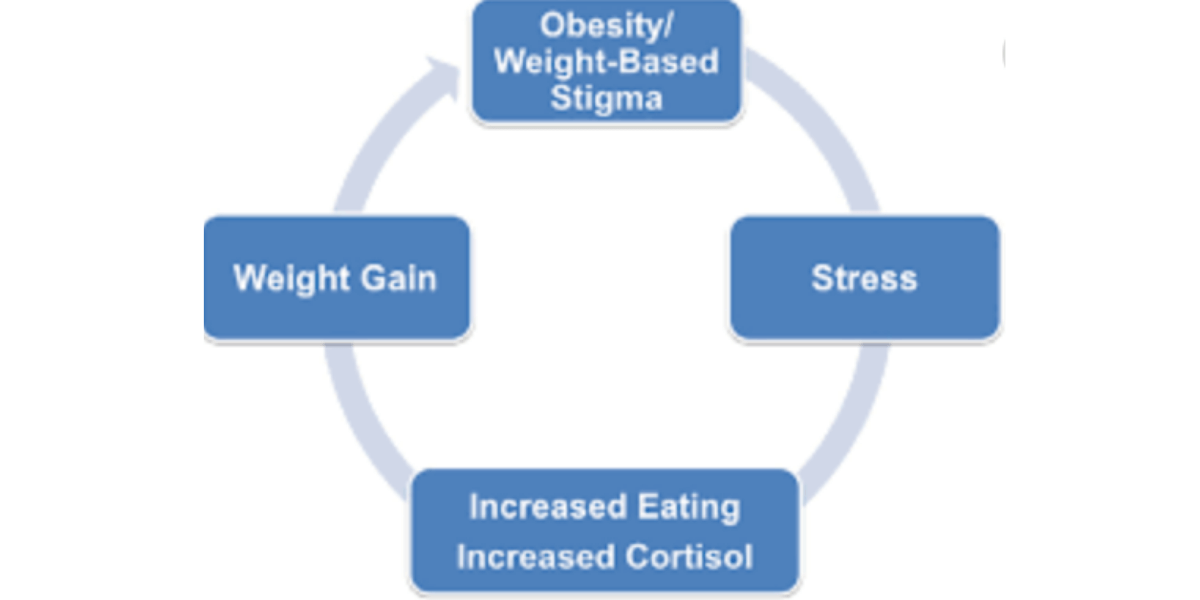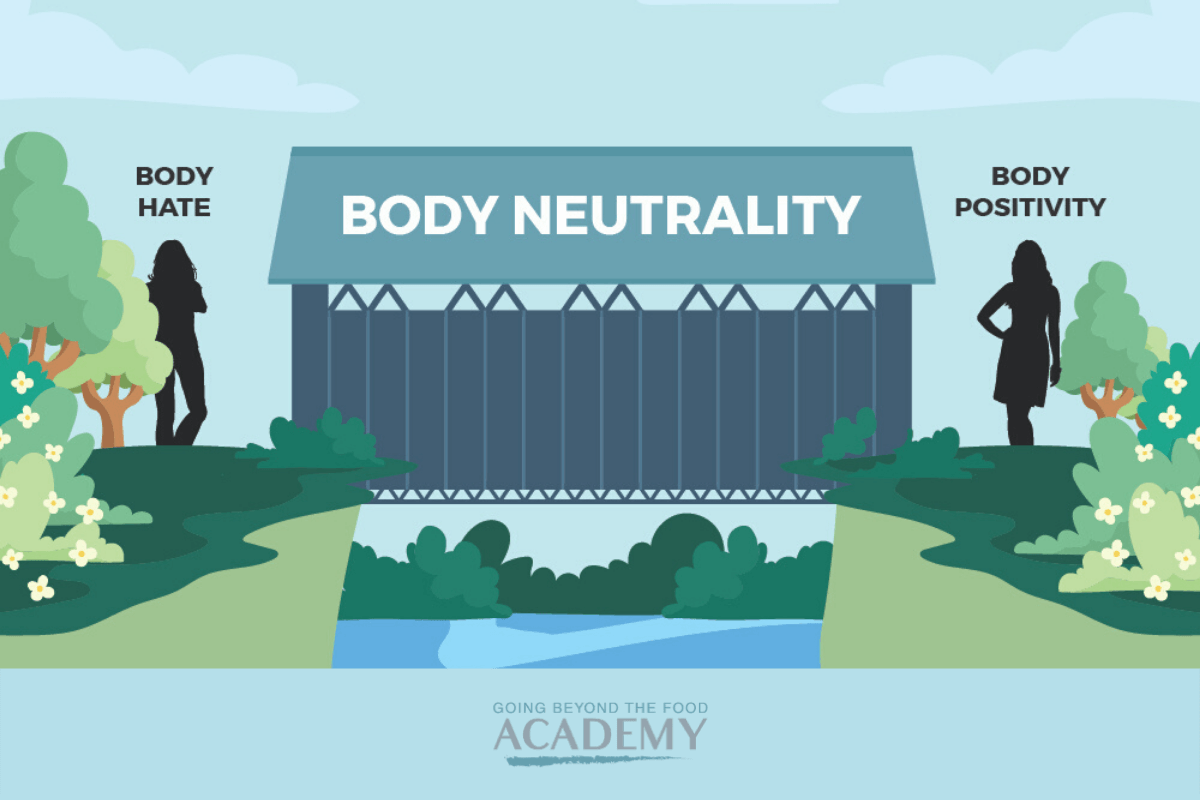In the world of health and nutrition, many professionals focus on diet plans, exercise regimens, and the number on the scale. However, as advocates of the non-diet approach, we understand that there’s a more insidious issue that deserves our attention: weight stigma. The real culprit behind disordered eating behaviors, restrictive eating, and diet cycling isn’t a lack of nutritional knowledge; it’s weight stigma. As health professionals, it’s crucial to understand that weight stigma, not weight itself, is often the root cause of many health issues we encounter in our practices. Let’s explore why weight stigma is the real problem and how we can address it through a non-diet lens.
What Is Weight Stigma?
Weight stigma, also known as weight bias, sizism, or fatphobia, refers to negative attitudes and beliefs about people because of their weight. It’s the labeling of individuals with stereotypes based on their body size. Unfortunately, there’s a common misconception that weight stigma (or fat-shaming) will motivate people to change their behaviors. However, research clearly shows this isn’t true.
Types of Weight Bias
Weight bias can manifest in two primary forms:
1. Explicit or conscious bias: When a person recognizes they have negative attitudes towards people living with obesity.
2. Implicit or unconscious bias: When a person is unaware of their attitudes but treats or talks about a person living with obesity differently than someone with a lower body weight.
The Scope of the Weight Stigma Problem
Weight stigma is more prevalent than you might think. Over 40% of U.S. adults, across various body sizes, report experiencing weight stigma at some point in their lives. Globally, the numbers are even higher. A 2018 World Obesity Federation poll found that 62% of UK residents believed overweight individuals are likely to face discrimination, surpassing other forms of bias.
Where Does Weight Stigma Occur?
Weight stigma is deeply embedded in our society, making it challenging to avoid. It’s prevalent in:
– Media
– Social situations
– Schools and colleges
– Workplaces
– Healthcare settings
A study involving over 2,400 American women found that weight stigma was experienced from various sources:
– 72% from family
– 64% from classmates
– 60% from friends
– 54% from colleagues
– 43% from employers
– 32% from teachers
– 23% from authority figures like police
The Impact of Weight Stigma on Health
Contrary to popular belief, stigmatizing attitudes hinder rather than promote better health outcomes. The effects of weight stigma are far-reaching and significant.
Mental Health Impacts
Research demonstrates that weight stigma negatively impacts mental well-being, leading to:
– Lower self-esteem
– Depression
– Anxiety
– Poor body image
– Higher likelihood of substance abuse
Physical Health Impacts
Weight stigma also affects physical health, correlating with:
– Elevated blood pressure
– Increased levels of C-reactive protein
– Higher cortisol levels
– Increased glycated hemoglobin (HbA1c)
– Higher oxidative stress
Importantly, one study found that individuals who experience weight stigma face a 60% higher risk of premature death, regardless of their BMI.
The Stress Connection
The Cyclic Obesity Weight-Based Stigma (COBWEBS) model suggests that weight stigma induces stress, which raises cortisol levels, increases eating, and ultimately leads to weight gain and obesity. This creates a vicious cycle that’s difficult to break.
Weight Stigma in Healthcare Settings
As health professionals, it’s crucial to recognize that weight stigma is prevalent even in healthcare settings. Research shows that negative attitudes and stereotypes toward those living in larger bodies have been observed among various professionals, including:
– Doctors
– Nurses
– Dietitians
– Psychologists
– Gynecologists
– Eating disorder specialists
– Bariatric care professionals
Breaking the Cycle: Solutions to Weight Stigma
As health professionals, we have a responsibility to end the cycle of discrimination. Here are some steps we can take:
1. Investigate your own weight bias: Take the Harvard Implicit Association Test to uncover your own biases.
2. Reflect on your attitudes and beliefs: Examine your own thoughts and behaviors regarding weight.
3. Enhance your understanding: Learn about the complex interplay of genetic, biological, social, and environmental factors that influence body weight.
4. Develop empathy: Gain insight into the experience of weight stigma from the perspective of patients.
5. Adopt people-first language: Refer to someone as a “person living with obesity” instead of an “obese person.”
6. Speak up: Challenge negative comments about weight or body size when you hear them.
7. Be mindful: Consider how you discuss weight at all times, not just with clients or patients.
The Power of the Non-Diet Approach
As women health practitioners, we have the power to impact thousands of other women. By embracing a non-diet approach, we can lead a grassroots movement to change the world for future generations of women.
If you’re new to the non-diet approach and need support as a professional, consider joining The Non-Diet Coaching Certification. This program helps you perfect your professional skills and build a profitable non-diet business.
Remember, stopping dieting is a revolutionary act. As health professionals, we have the power to change the narrative around weight and health. Let’s work together to create a world free from weight stigma, where all bodies are respected and valued.
Next Steps
You can access all of our services on our work with us page. We have a number of programs and service levels enabling us to serve most women:
Free Resources and Masterclasses: Get started and get to know us better!
Private coaching with Stephanie and her team Stephanie and her team of Certified Non-Diet Coaches are waiting to support you in a one-to-one setting with an individualized plan.
It’s Beyond The Food- Undiet Your Life group coaching program is for women to learn how to eat intuitively, become body neutral, and learn self-coaching at their own pace while being supported in a group setting by Stephanie and her team of Certified Non-Diet Coaches.
Non-Diet Coaching Certification for professionals ready to integrate the Going Beyond The Food Method™️ in their practice and for women wanting to become Certified Coach and build a business coaching other women beyond the food.


